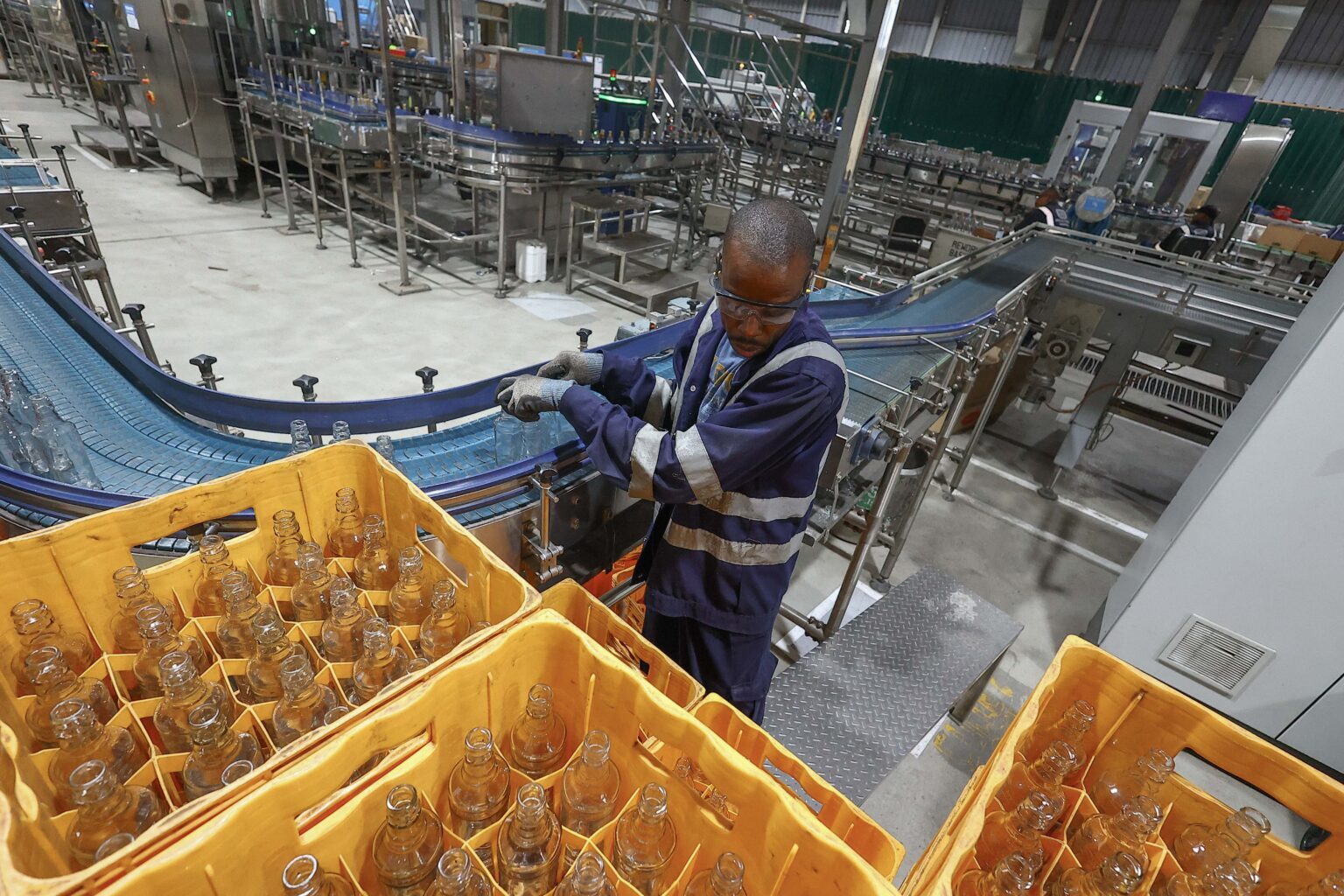
This follows the successful completion of the ‘Rudisha Pilot Phase Project’ conducted at the end of its previous financial year, where the firm collected 1.6 million bottles from six distributors.
KBL Managing Director Mark Ocitti highlighted that the firm is rapidly shifting from one-way glass use to a returnable spirits glass model to stem value chain emissions, which constitute the largest portion of greenhouse gas emissions.
“The model involves a meticulous distributor-recollection rigour in which vans delivering KBL products pick 250 ml bottles already assembled in bars.These bottles are then stacked up and transported to Ruaraka where they are sorted, cleaned and sterilized before being refilled with respective liquids at UDV, its spirits making subsidiary,” revealed Ocitti.
According to KBL, the new expanded post-pilot phase involving a new returnable glass collection model engaged 25 distributors across the country in the months of June, July, and August.
“The programme, dubbed Project Rudisha, aims to run a sustainable spirits glass collection model,shifting fully from one-way bottle packaging use to a returnable glass model. The plan is in line with the company’s ambition to achieve a sustainable low-carbon world,” stated Ocitti.
KBL has revealed that the programme will not only help reduce close to 5,000 metric tonnes of carbon dioxide but also create 500 additional jobs through local employment.
Ocitti has already said that the project has proven to lower the cost of business operations by reducing its water and energy consumption, therefore cutting down on costs.
KBL is also targeting a campaign focused on contributing to reducing greenhouse gas emissions as part of its 10-year action plan, Society 2030 ‘Spirit of Progress’.
𝗦𝗲𝗺𝗮𝘀𝗼𝗰𝗶𝗮𝗹 𝗶𝘀 𝘄𝗵𝗲𝗿𝗲 𝗿𝗲𝗮𝗹 𝗽𝗲𝗼𝗽𝗹𝗲 𝗰𝗼𝗻𝗻𝗲𝗰𝘁, 𝗴𝗿𝗼𝘄, 𝗮𝗻𝗱 𝗯𝗲𝗹𝗼𝗻𝗴. We’re more than just a social platform — from jobs and blogs to events and daily chats, we bring people and ideas together in one simple, meaningful space.